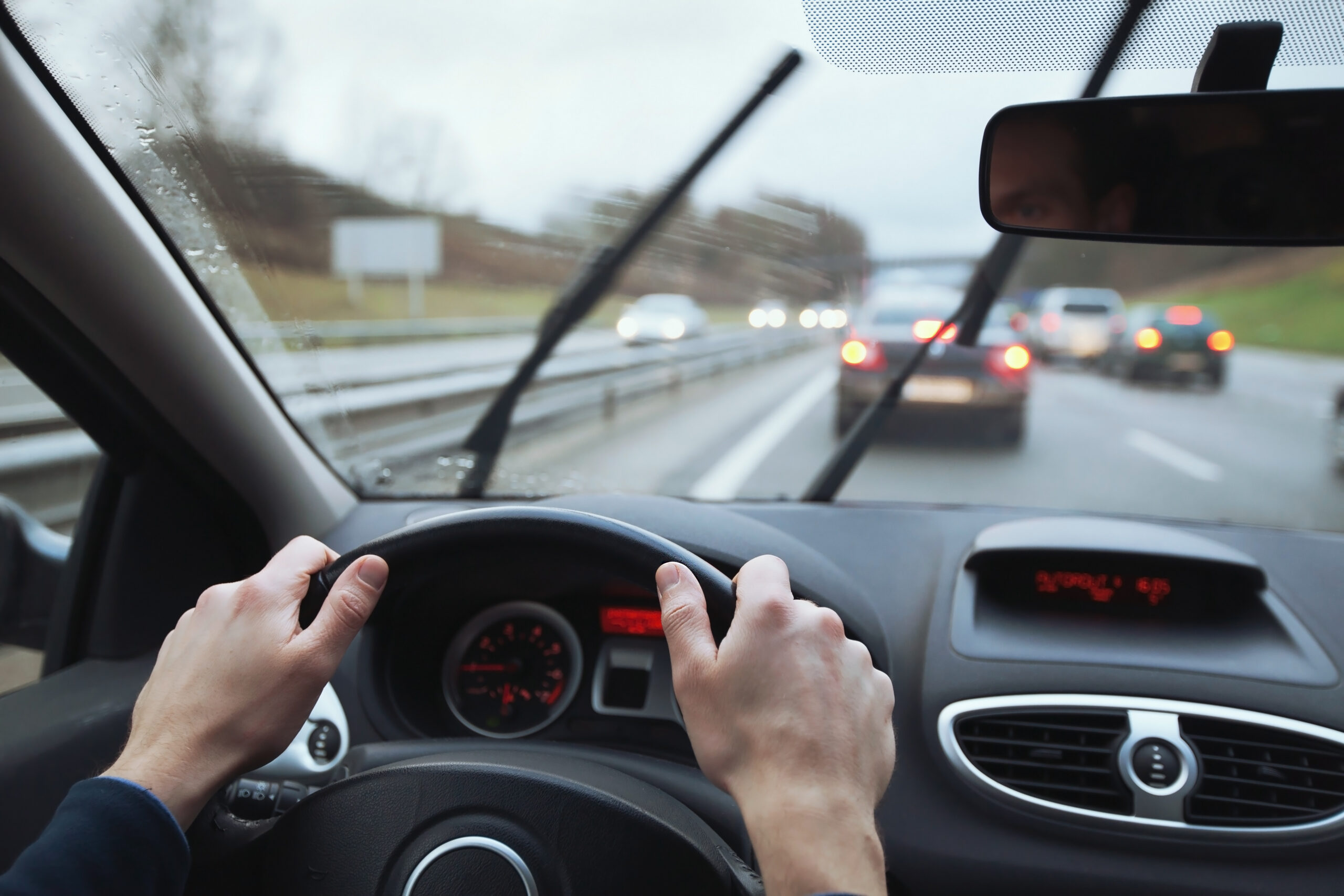
Driving whilst tired
Whether you’re in an industry that requires you to drive long distances on a regular basis or you lacked sleep the previous night, driving when tired can endanger you and other motorists.
Many drivers underestimate how it can affect your driving, unaware that it is just as dangerous as driving under the influence of drugs or alcohol. Driving with fatigue can affect you at any time of the day and sleep-related accidents are in fact most common on the commute to work.
The facts
- Experts say that nearly 20% of accidents on major roads are related to sleep
- Around 40% of sleep-related incidents involve commercial vehicles
- Research suggests that truck and company car drivers, young male drivers and shift workers have the highest risk of falling asleep behind the wheel
- Sleep-related accidents are more likely to happen between 2am-6am and 2pm-4pm
- Sleep is the best cure for fatigue whilst driving
To ensure that you, your passengers and other drivers are safe, below are several tips on what to do if you become tired whilst driving.
Rejuvenate with a sleep
If you feel tired and have time before your journey, we recommend taking a quick sleep. As well as this, if you’re already on the road and start to feel fatigued, pull over to a safe, legal place to park, so you can have a break. Make sure that you’re not on the hard shoulder if you’re on the motorway.
Whether that’s simply resting your eyes or having a quick nap, it’s worth stopping to give yourself a reboot. Check for any parking restrictions to avoid any unwanted fines or clamps.
Take breaks regularly
Breaking up your journey will help avoid fatigue whilst driving and although it may take longer, the important thing is getting to your destination safely. It is recommended that if your trip is longer than three hours, you should take a 10-minute break every half hour. When you’re tired it’s difficult to concentrate on any task let alone driving, which needs your full attention.
Prepare and plan your route
Before your journey, take a look at your route and add time for any breaks you may take. By planning breaks into your journey, you can take your time and arrive at your destination safely. For drivers who take particularly long journeys, experts say that you shouldn’t drive for any more than eight hours, so make sure you incorporate stops into your plan. If you feel it necessary, you could allow for an overnight stay to break up extra long journeys.
Have a cup of coffee
More of a short term quick fix, you can reduce your tiredness by drinking a few cups of caffeinated coffee. We recommend consuming these before you start driving however. It is also advised to avoid eating heavy meals before your journey, particularly when driving at night or when you’d usually sleep.
Avoid driving altogether
As a precaution, it is best to avoid driving whilst tired completely. It’s certainly better to delay or postpone a journey than battle with it, which could potentially put yourself and others on the road in danger.
This topic is important regardless, however, it’s particularly crucial to highlight during the winter where weather conditions can be hazardous and at Christmas when drivers may undertake longer than normal journeys. If there are any other topics you’d like us to cover, please feel free to contact us.
